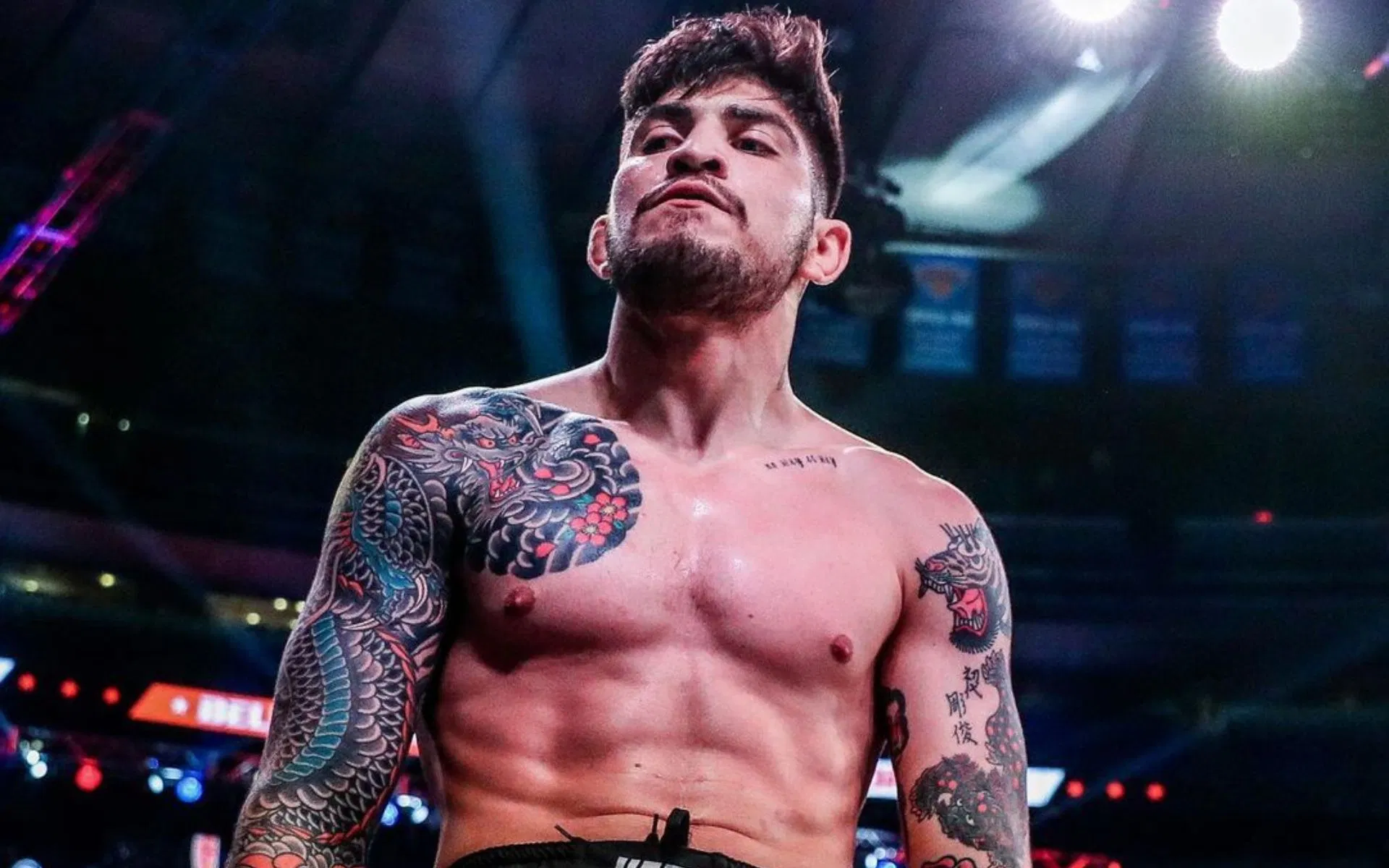In the unpredictable world of combat sports, where narratives often prove as impactful as knockouts, Dillon Danis has once again positioned himself squarely in the spotlight. Known as much for his contentious persona and association with Conor McGregor as for his grappling prowess, Danis recently made a declaration that has sent ripples through the fighting community: he believes his relatively brief, yet highly visible, combat career has out-earned that of one of the sport`s undisputed titans, Demetrious “Mighty Mouse” Johnson.
The Audacious Claim: More Money Than “Mighty Mouse”?
Danis, whose professional record includes a 3-0 stint in mixed martial arts and a single professional boxing match — a disqualification loss to Logan Paul — asserts that his financial take-home surpasses Johnson’s earnings from all his UFC championship bouts. This isn`t merely a casual boast; it`s a pointed statement regarding the evolving economics of combat sports, particularly outside the traditional purview of the Ultimate Fighting Championship.
His rationale is straightforward: “When you fight and you have a name that I have and the eyes that I bring, DAZN pays very well.” This perspective highlights a contemporary trend where `star power` and `controversy` can be potent financial drivers, potentially eclipsing the earnings derived solely from athletic achievement within established promotions. It`s a curious turn of events when a career defined more by headlines than by championship belts can potentially outstrip the earnings of an undisputed GOAT, a testament to the shifting market dynamics.
A Shared Critique: The UFC`s Financial Shadow
Intriguingly, Danis`s claim inadvertently aligns with a long-standing critique from Demetrious Johnson himself. Johnson, celebrated for his record-setting flyweight title reign and unparalleled technical skill, famously departed the UFC in 2018, citing frustrations with fighter compensation and promotional treatment. Both fighters, despite their vastly different career trajectories and public images, seem to converge on a similar dissatisfaction with the financial structures prevalent in premier organizations like the UFC.
For Danis, his foray into the Misfits promotion, culminating in a light heavyweight title win via guillotine choke against Warren Spencer, and his high-profile boxing match against Logan Paul, are cited as examples of these lucrative opportunities. These engagements, often driven by celebrity matchups and pre-fight theatrics, demonstrate a segment of the combat sports market that values spectacle and personality, allowing individuals with significant online presence to command substantial paydays, regardless of extensive competitive records.
Old Feuds, New Opportunities: The Makhachev Factor
Beyond the financial discourse, Danis also used the platform to reignite an old rivalry, extending a challenge to current UFC lightweight champion Islam Makhachev. Recalling the infamous post-fight melee at UFC 229 involving Khabib Nurmagomedov and Conor McGregor, Danis claimed Makhachev punched him multiple times. This historical animosity, if leveraged, presents another potential avenue for a high-profile, and presumably lucrative, matchup outside the standard UFC framework.
“Give me Islam — he jumped out of the cage and punched me in the head seven times,” Danis stated, alluding to potential legal actions he chose not to pursue against the UFC at the time. This willingness to resurrect past conflicts further underscores Danis`s strategy: maintaining relevance through controversy and leveraging any past incident into a potential future payday.
The Evolving Landscape of Combat Sports Earnings
Dillon Danis`s audacious claim serves as a poignant, if somewhat provocative, commentary on the evolving financial ecosystem of combat sports. It raises questions about the balance between athletic legacy, promotional appeal, and direct audience engagement in determining a fighter`s true earning potential. While traditionalists might lament the emphasis on personality over pure skill, the market, as Danis suggests, is increasingly willing to reward those who can generate significant public interest, regardless of their competitive resume. In this new era, the lines between athlete, entertainer, and influencer continue to blur, redefining what it truly means to be a “successful” fighter, both in the cage and on the balance sheet.

